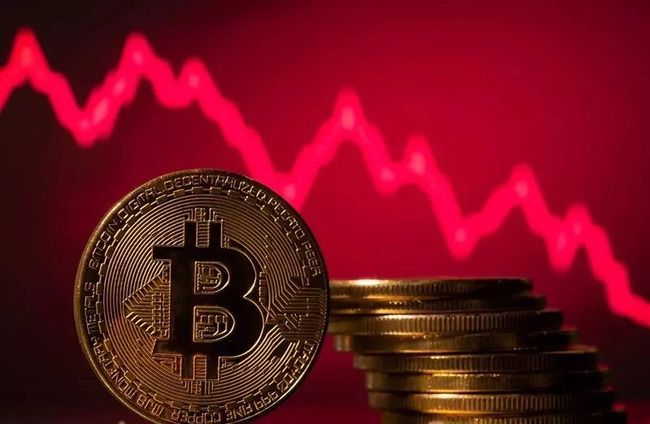According to Andrew Kang, a founder and partner at Mechanism Capital, the Ethereum ETF approval might result in a fall in Ether (ETH) price.
The price of Ether (ETH price data), the native token of the Ethereum blockchain, is expected to decline by nearly 30% if the United States Securities and Exchange Commission (SEC) authorizes the trading of spot ETH exchange-traded funds (ETFs) in the country.
Contrary to investors’ sentiments, Andrew Kang, a founder and partner at Mechanism Capital, a venture capital firm specializing in cryptocurrencies and the blockchain sector, issued a pessimistic forecast for Ether (ETH). It is widely assumed that the approval of ETH ETFs would result in a rise in prices; however, Kang disputes this assertion.
Kang stated in a post on the social media platform X (previously known as Twitter) that the approval of spot Bitcoin ETFs “opened the door for many new buyers to make bitcoin allocations within their portfolio.” Still, the impact of ETH ETFs “is a lot less clear-cut.” Kang also identified numerous justifications for his prediction.
“BTC has returned 4.0x from the cycle bottom, while ETH has returned a similar 4.0x.” Therefore, what is the potential for an ETH ETF to generate? Kang stated, “I would not argue much unless Ethereum establishes a compelling path to enhance its economics.”
The Mechanism Capital executive stated that investors have a lower incentive to convert their ETH into ETF format. Ether (ETH) attracts less institutional interest than Bitcoin (BTC), and the network cash flows are not remarkable. This information supports his prediction of a 30% decline in price.
Kang observed that the price of Bitcoin did not rise from $40,000 to $65,000 solely due to the approval of spot BTC ETFs; instead, there was an increase in purchasers in the spot market. He stated that Bitcoin is an asset that “has truly become validated globally as a key portfolio asset and has many structural accumulators,” citing examples such as Michael Saylor’s MicroStrategy, stablecoin issuer Tether, and HNWI retail. Although ETH also has some structural accumulators, Kang thinks the magnitude is significantly lower than that of BTC.
“It is reasonable that individuals deeply involved in the crypto space have a relatively high level of awareness and support for Ethereum.” In reality, it has significantly less support as a critical portfolio allocation for numerous substantial segments of non-crypto native capital,” Kang continued.
Ether (ETH) at a price range of $3,000 to $3,800
Kang believes that Ether (ETH) will trade within the $3,000 to $3,800 range, which will be influenced by the upward movement of Bitcoin to a certain extent. Nevertheless, he anticipates that the digital asset will trade between $2,400 and $3,000 following the approval of the ETH ETF. Additionally, ETH will likely experience new highs if BTC moves towards $100,000 in late 2025.
In addition, Kang observed that “there are developments to be hopeful about in the very long term, and you have to believe that Blackrock/Fink is doing a lot of work to put some financial rails on blockchains and tokenize more assets.” However, he is dubious about the extent to which this “translates into value for ETH and on what timeline.”
The SEC has recently authorized 19b-4 filings for spot ETH ETFs; however, the S-1 filings still need approval.



